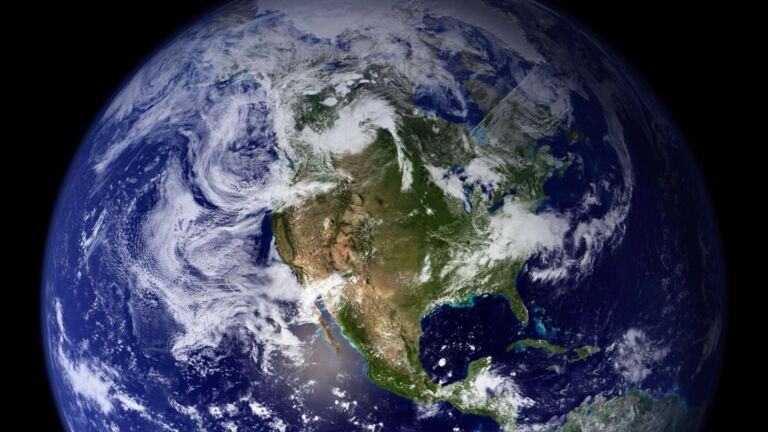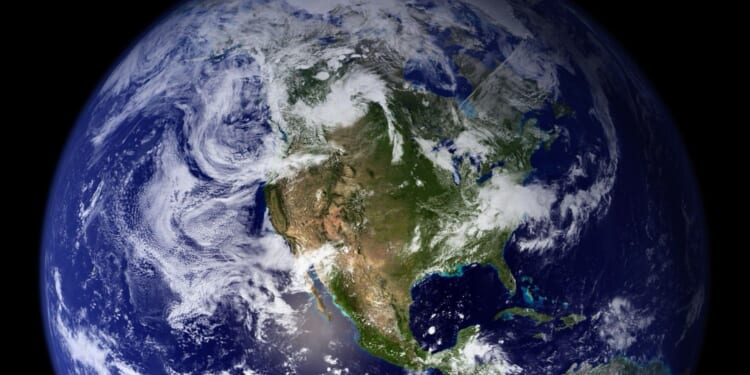
Michael Beckley writes for Foreign Affairs about a major factor driving today’s geopolitics.
For the first time in centuries, no country is rising fast enough to overturn the global balance. The demographic booms, industrial breakthroughs, and territorial acquisitions that once fueled great powers have largely run their course. China, the last major riser, is already peaking, its economy slowing and its population shrinking. Japan, Russia, and Europe stalled more than a decade ago. India has youth but lacks the human capital and state capacity to turn it into strength. The United States faces its own troubles—debt, sluggish growth, political dysfunction—but still outpaces rivals sinking into deeper decay. The rapid ascents that once defined modern geopolitics have yielded to sclerosis: the world is now a closed club of aging incumbents, circled by middle powers, developing countries, and failing states.
This reversal carries profound consequences. Over the long run, it may spare the world the ruinous cycle of rising powers—their quests for territory, resources, and status that so often ended in war. In the near term, however, stagnation and demographic shocks are spawning acute dangers. Fragile states are buckling under debt and youth bulges. Struggling powers are turning to militarization and irredentism to stave off decline. Economic insecurity is stoking extremism and corroding democracies, while the United States drifts toward thuggish unilateralism. The age of rising powers is ending, but its immediate aftermath may prove no less violent. …
… Productivity is slowing, populations are shrinking, and conquest is growing harder. Today’s technologies, remarkable though they are, have not remade life as the Industrial Revolution did. An American apartment from the 1940s, with a refrigerator, gas stove, electric lights, and telephone, would feel familiar today. By contrast, an 1870s home, with an outhouse, water well, and fireplace for cooking and heat, would seem prehistoric. The leap from 1870 to 1940 was transformative; the steps since, far less so.
The post Assessing impact of world’s ‘stagnant order’ appeared first on John Locke Foundation.











